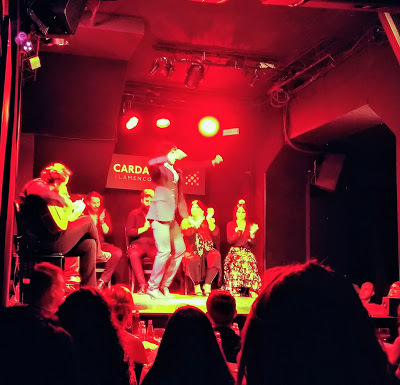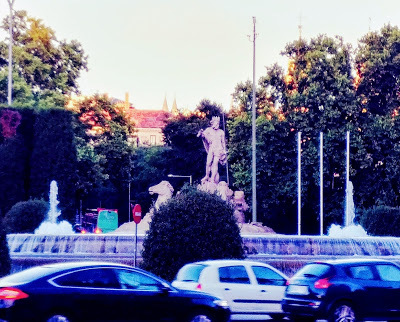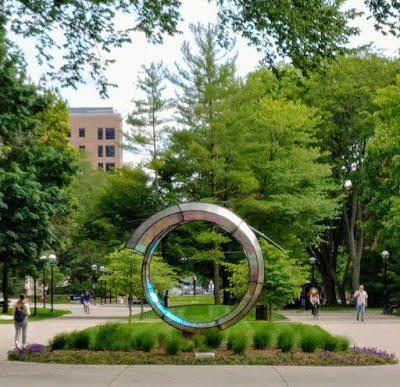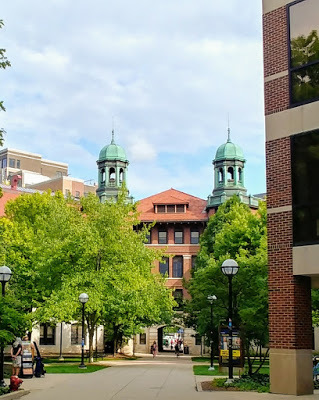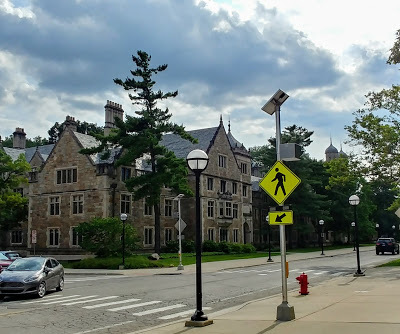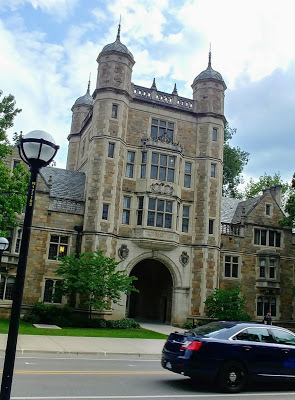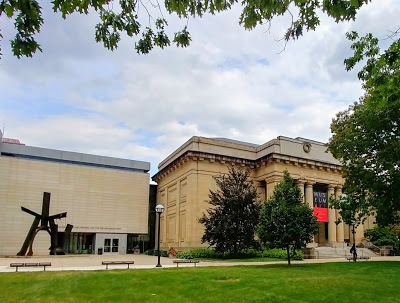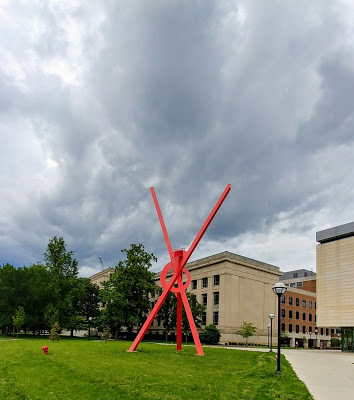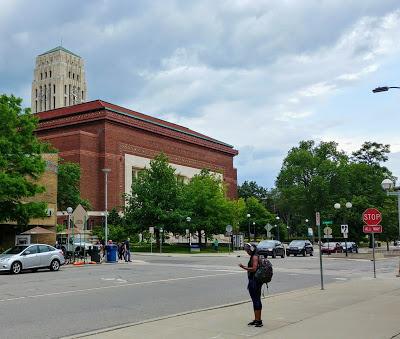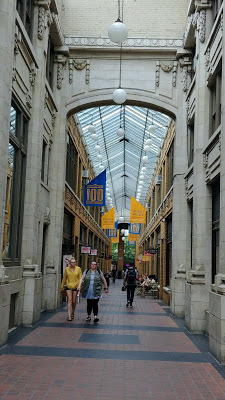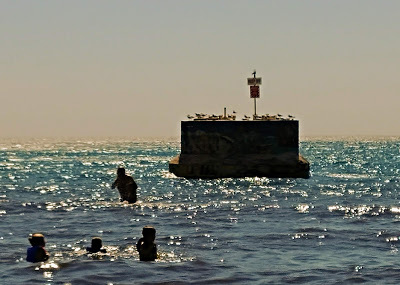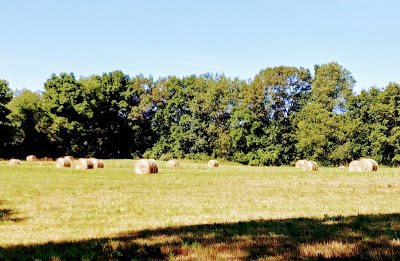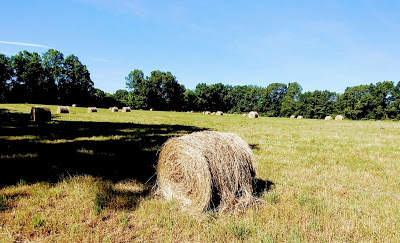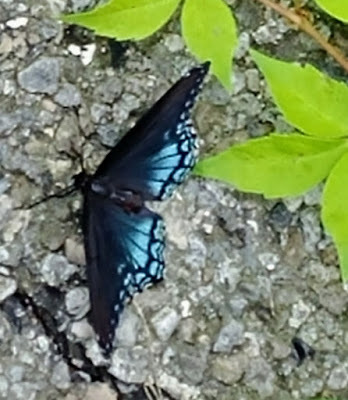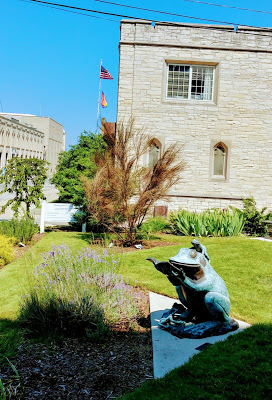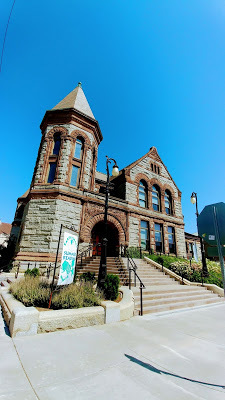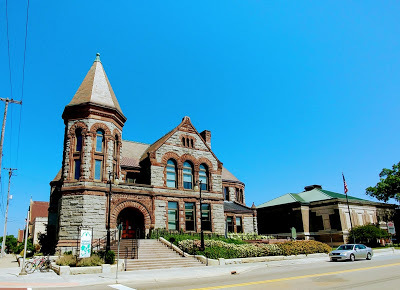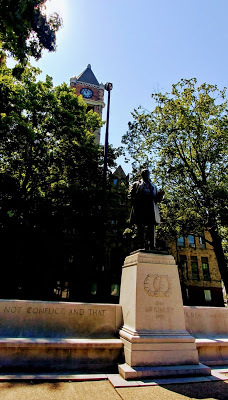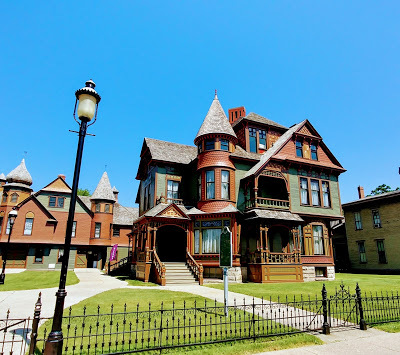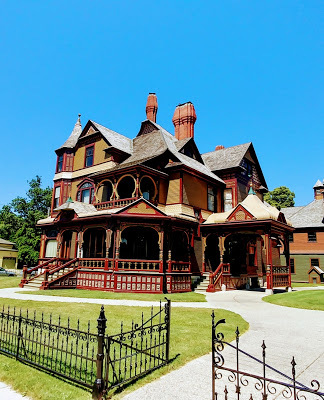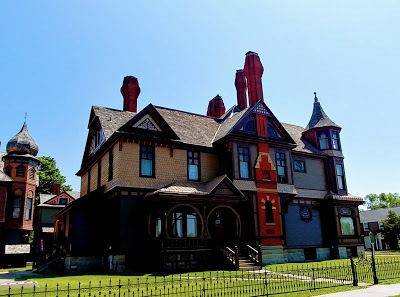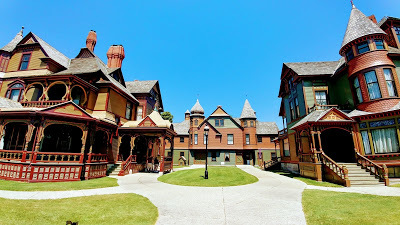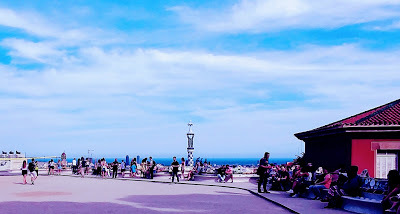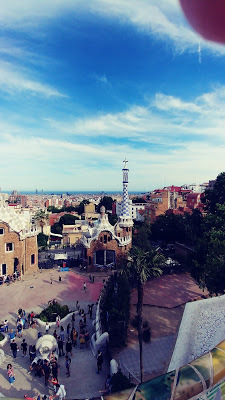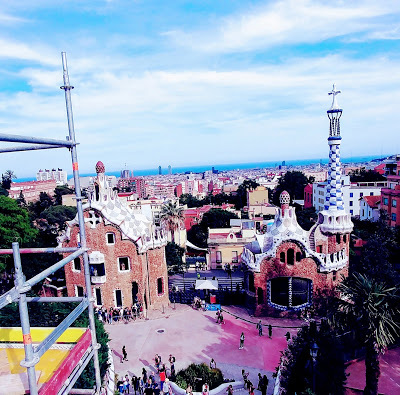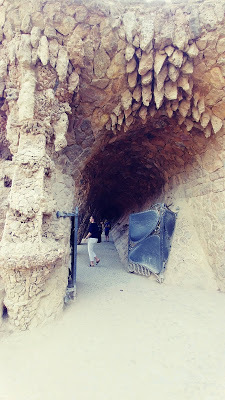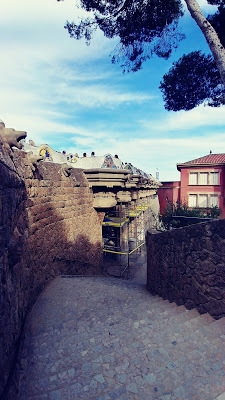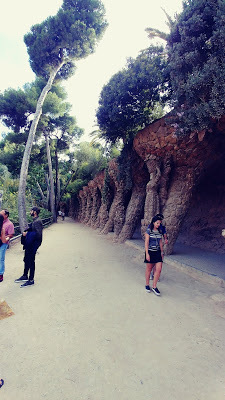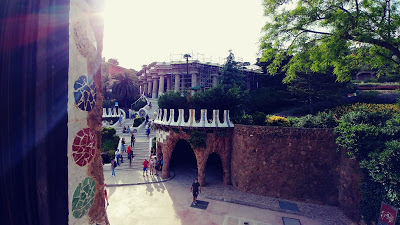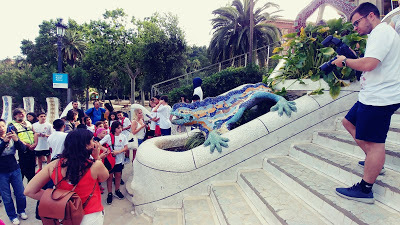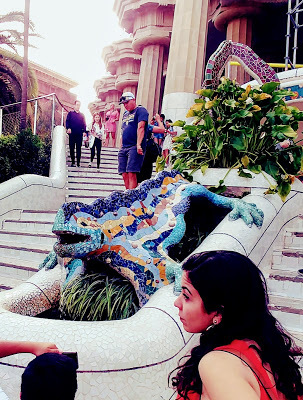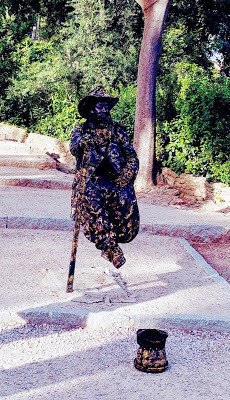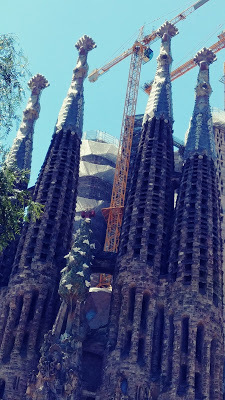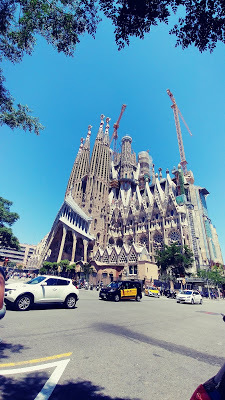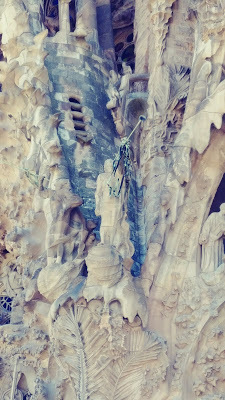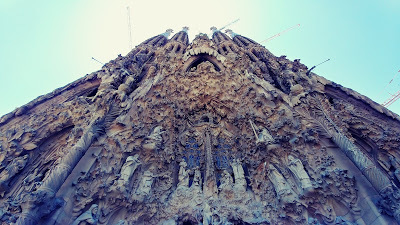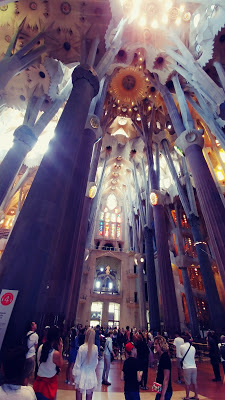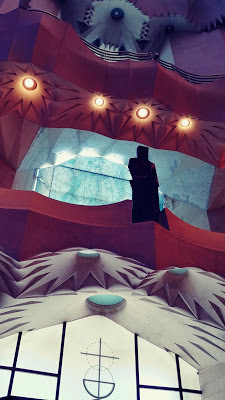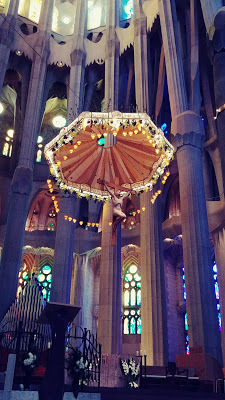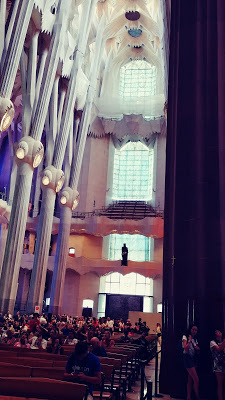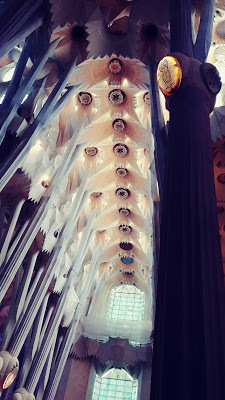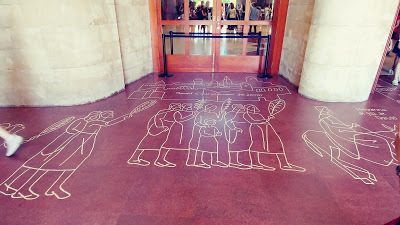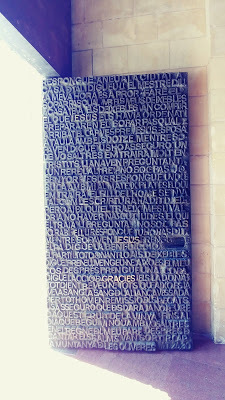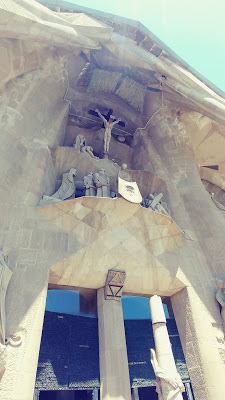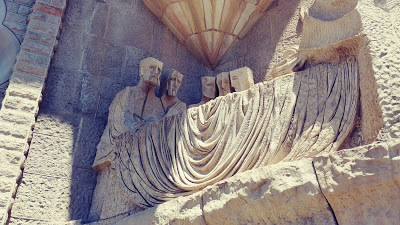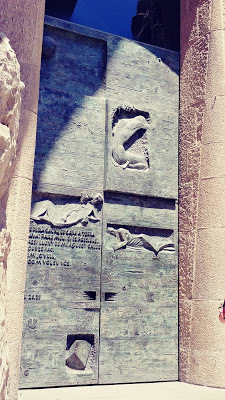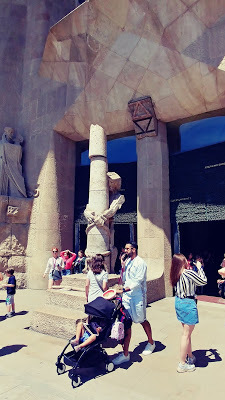R.L. Swihart's Blog, page 113
July 27, 2019
PROUST'S LITTLE PROJECT 2: CLIPS
Many years had elapsed during which nothing of Combray, except what lay in the theatre and the drama of my going to bed there, had any existence for me, when one day in winter, on my return home, my mother, seeing that I was cold, offered me some tea, a thing I did not ordinarily take. I declined at first, and then, for no particular reason, changed my mind. She sent for one of those squat, plump little cakes called "petites madeleines," which look as though they had been moulded in the fluted valve of a scallop shell. And soon, mechanically, dispirited after a dreary day with the prospect of a depressing morrow, I raised to my lips a spoonful of the tea in which I had soaked a morsel of the cake. No sooner had the warm liquid mixed with the crumbs touched my palate than a shiver ran through me and I stopped, intent upon the extraordinary thing that was happening to me. An exquisite pleasure had invaded my senses, something isolated, detached, with no suggestion of its origin. And at once the vicissitudes of life had become indifferent to me, its disasters innocuous, its brevity illusory, this new sensation having had the effect, which love has, of filling me with a precious essence; or rather this essence was not in me, it was me. I had ceased now to feel mediocre, contingent, mortal. Whence could it have come to me, this all-powerful joy? I sensed that it was connected with the taste of the tea and the cake, but that it infinitely transcended those savours, could not, indeed, be of the same nature. Where did it come from? What did it mean? How could I seize and apprehend it? I drink a second mouthful, in which I find nothing more than in the first, then a third, which gives me rather less than the second. It is time to stop; the potion is losing its virtue. It is plain that the truth I am seeking lies not in the cup but in myself. The drink has called it into being, but does not know it, and can only repeat indefinitely, with a progressive diminution of strength, the same message which I cannot interpret, though I hope at least to be able to call it forth again and to find it there presently, intact and at my disposal, for my final enlightenment. I put down the cup and examine my own mind. It alone can discover the truth. But how? What an abyss of uncertainty, whenever the mind feels overtaken by itself; when it, the seeker, is at the same time the dark region through which it must go seeking and where all its equipment will avail it nothing. Seek? More than that: create. It is face to face with something which does not yet exist, which it alone can make actual, which it alone can bring into the light of day.
*
But when from a long-distant past nothing subsists, after the people are dead, after the things are broken and scattered, taste and smell alone, more fragile but more enduring, more immaterial, more persistent, more faithful, remain poised a long time, like souls, remembering, waiting, hoping, amid the ruins of all the rest; and bear unflinchingly, in the tiny and almost impalpable drop of their essence, the vast structure of recollection.
Published on July 27, 2019 13:30
Paris - Spain: Summer of 2019: Against Chronos: Flamenco @ Cardamomo
Published on July 27, 2019 13:22
July 25, 2019
REREAD: PROUST'S LITTLE PROJECT
I've heard it never reads the same way twice.:)
*
"Come along and sit down here with us all on the verandah," said my grandfather, coming up to him. My mother had to abandon her quest, but managed to extract from the restriction itself a further delicate thought, like good poets whom the tyranny of rhyme forces into the discovery of their finest lines.
*
"I don't deny it," answered Swann in some bewilderment. "The fault I find with our journalism is that it forces us to take an interest in some fresh triviality or other every day, whereas only three or four books in a lifetime give us anything that is of real importance. Suppose that, every morning, when we tore the wrapper off our paper with fevered hands, a transmutation were to take place, and we were to find inside it, oh! I don't know; shall we say Pascal's Pensees?" He articulated the title with an ironic emphasis so as not to appear pedantic. "And then, in the gilt and tooled volumes which we open once in ten years," he went on, showing that contempt for worldly matters which some men of the world like to affect, "we should read that the Queen of the Hellenes had arrived at Cannes, or that the Princesse de Leon had given a fancy dress ball. In that way we should arrive at a happy medium."
Published on July 25, 2019 13:38
MICHIGAN: SUMMER OF 2019: ANN ARBOR AND UNIV OF MICHIGAN
Published on July 25, 2019 13:21
MICHIGAN: SUMMER OF 2019: JACKSON HISTORY
Published on July 25, 2019 13:11
MICHIGAN: SUMMER OF 2019: WEKO BEACH
Published on July 25, 2019 13:09
MICHIGAN: SUMMER OF 2019: COUNTRY ROAD
Published on July 25, 2019 13:05
MICHIGAN: SUMMER OF 2019: MUSKEGON LUMBER BARONS
Published on July 25, 2019 13:00
PARIS - SPAIN: SUMMER OF 2019: AGAINST CHRONOS: GAUDI'S PARC GUELL
Published on July 25, 2019 12:21
PARIS - SPAIN: SUMMER OF 2019: AGAINST CHRONOS: GAUDI'S SAGRADA FAMILIA
Published on July 25, 2019 12:13
















